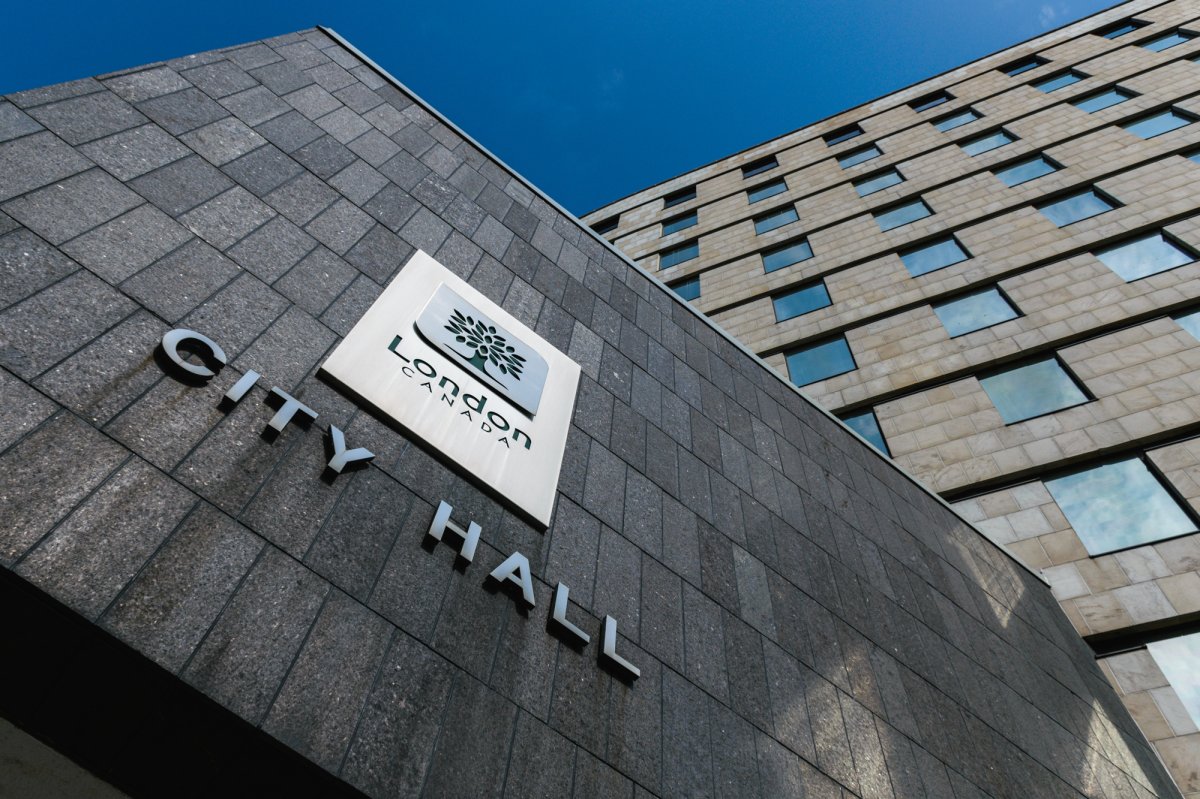City politicians are giving staff the green light to organize public consultations on slowing traffic down in some of London’s residential areas.

Those meetings are expected to take place throughout the summer as part of an investigation into lowering speed limits below 50 km/h, hiking fines for speeding, and implementing photo radar systems.
Stephen Turner, the councillor for Ward 11, told his colleagues on Tuesday that dubbing certain areas “community safety zones” and thereby paving the way for tougher driving rules, had already received “incredibly strong” support from constituents.
“I’m glad we’re moving forward with some public participation.”
Ward 10 Coun. Paul Van Meerbergen says anything that can be done to reduce speed in residential neighbourhoods is a positive development.
A report about area speed limits that went before the civic works committee last week says it would cost $400,000 to manufacture and install speed-limit signage. It didn’t say how much it would cost to install photo-radar systems in community safety and school zones, but Van Meerbergen did propose speed humps as a lower-tech, cheaper option instead.
Councillors also signed off on a contract that’ll connect the north part of the Thames Valley Parkway between Ross Park and the North London athletic fields. J-AAR Excavating is getting $6.2 million to close the gap.
Construction could start this year, with the trail useable by the fall of 2020.
The full cost of the project, including design, administration and an architectural study, is $7.5 million. The Ontario Municipal Commuter Cycling program will cover $3.3 million of the cost.







Comments